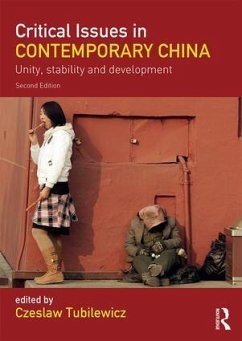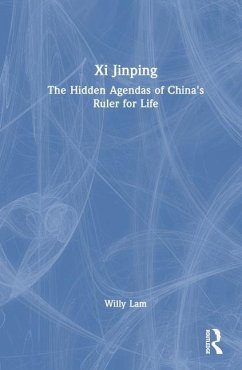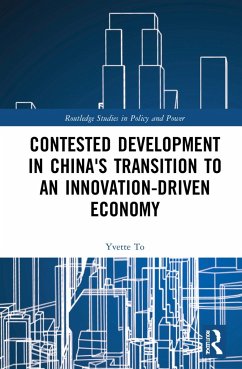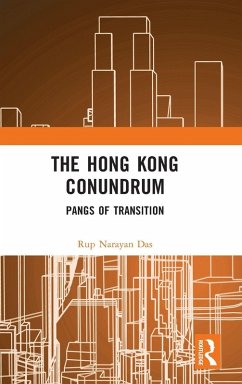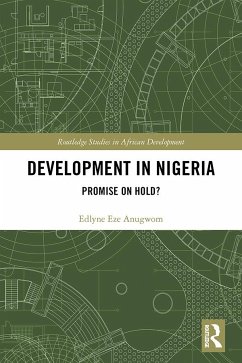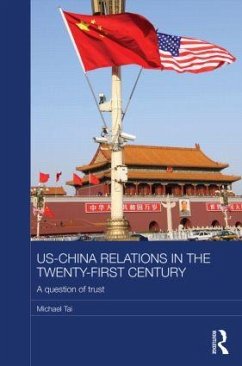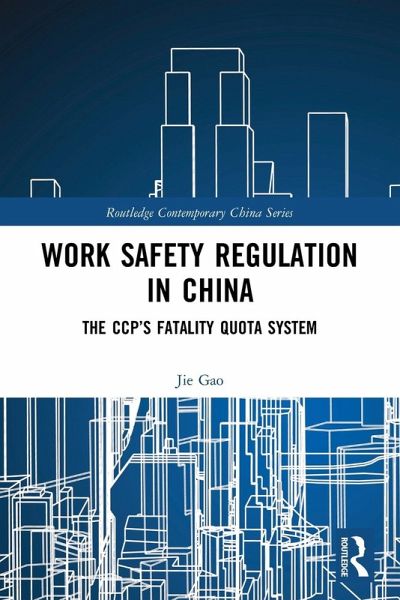
Work Safety Regulation in China
The CCP's Fatality Quota System
Versandkostenfrei!
Versandfertig in 1-2 Wochen
56,99 €
inkl. MwSt.
Weitere Ausgaben:

PAYBACK Punkte
28 °P sammeln!
Fatality quotas implemented in China's industrial sector are being used to promote work safety and therefore, reducing the number of work-related deaths. Given the controversial nature of this policy, Gao analyzes how the fatality quotas are functioning to aid the country in balancing economic growth and social stability.





